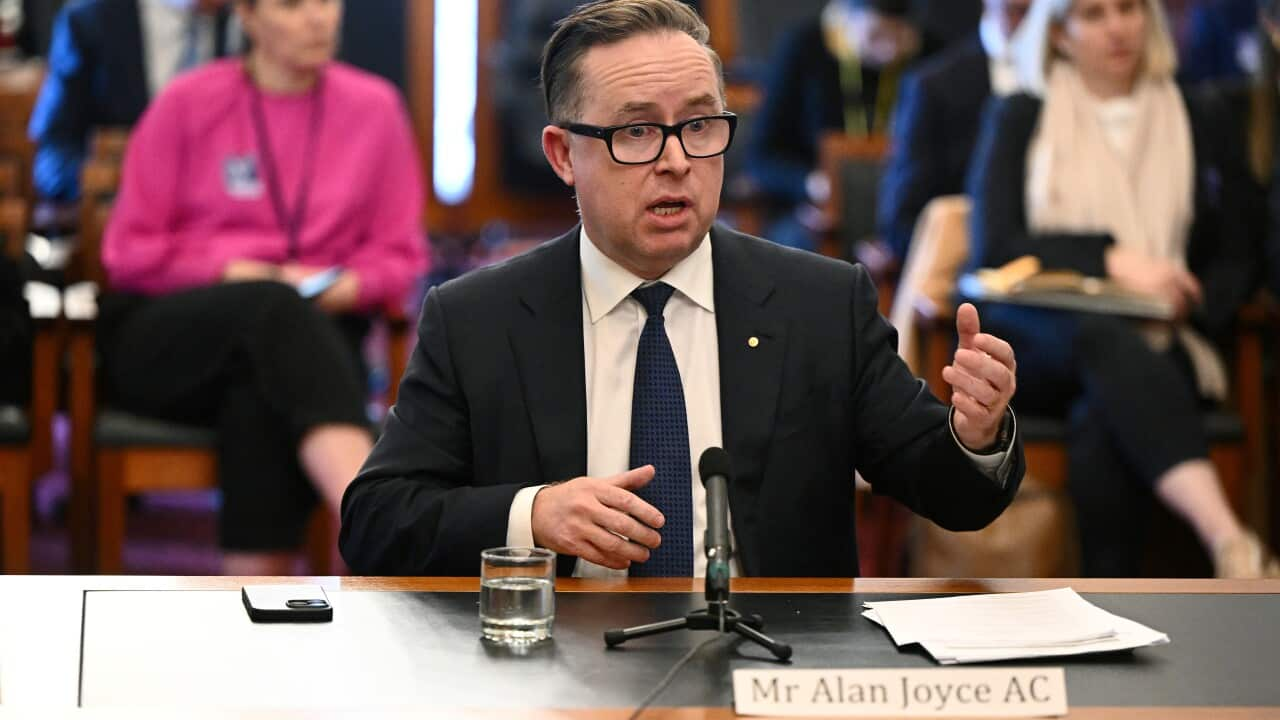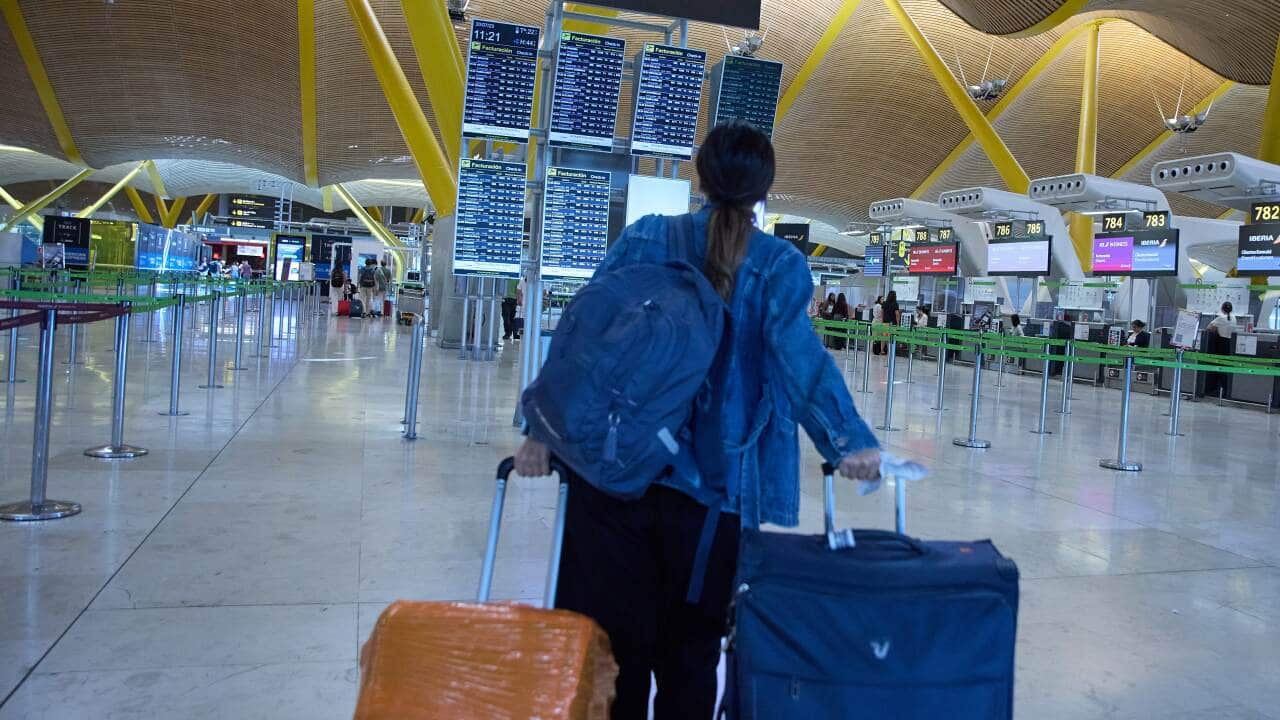Key Points
- Qantas will scrap the cut-off date for customers who suffered COVID-related flight cancellations to request a refund.
- The ACCC is suing the airline for selling tickets for more than 8,000 already-cancelled flights during the pandemic.
- Qantas allegedly sold useless tickets for an average of more than two weeks after the flights were cancelled.
Qantas customers whose flights were cancelled due to border closures during COVID-19 will reportedly now be able to request a refund at any time in the future, after the airline announced on Thursday that it would scrap a previously established refund expiry date of December 2024.
Multiple aviation sources who were not authorised to speak publicly told The Sydney Morning Herald that all customers whose travel plans were disrupted due to lockdowns up until October 2021 were eligible for the indefinite refund request.
Those who are eligible for a refund from Jetstar, Qantas’ subsidiary budget airline, will also be able to use them indefinitely, as will customers who booked flights through a travel agent.
In a video message to customers, Qantas' outgoing chief executive Alan Joyce acknowledged the refund and flight credit system was unsatisfactory, despite three former amendments to the policy.
"While we've improved it recently, and extended the expiry date several times, people lost faith in the process," Joyce said. "We hope this helps change that."
The Qantas-brand branch of the business is still sitting on $370 million that it is yet to refund or exchange, while Jetstar has a further $100 million, according to revelations that surfaced during a Senate inquiry into Australia’s cost of living crisis this week.
Multiple Qantas executives were called before the inquiry amid growing public pressure regarding the airline’s controversial business conduct in recent years.
Qantas to be sued by ACCC over cancelled flight tickets
Around the same time that Qantas was announcing its indefinite refund extension, the Australian Competition and Consumer Commission (ACCC) revealed that it was suing the airline for selling tickets to thousands of flights it had already cancelled.
The ACCC alleged on Thursday that Qantas engaged in false, misleading, or deceptive conduct by continuing to sell tickets for more than 8,000 cancelled flights that were scheduled to depart between May and July 2022 – a period during which the airline cancelled almost 1 in 4 flights.
Tickets were allegedly still being sold for an average of more than two weeks after the flights were cancelled, and in some cases were advertised on the website for up to 47 days.
The ACCC further alleged that, for more than 10,000 flights scheduled to depart during the same time period, Qantas did not notify existing ticketholders that their flights were cancelled for an average of about 18 days, and in some cases up to 48 days.
Ticketholders scheduled to fly on Qantas flight QF93 from Melbourne to Los Angeles on 6 May 2022, for example, were first notified of the cancellation on 4 May – four days after Qantas had made the cancellation and two days before the flight’s scheduled departure.
The ACCC alleges that for about 70 per cent of cancelled flights between May to July 2022, Qantas either continued to sell tickets on its website for two days or more, or delayed informing existing ticketholders that their flight was cancelled for two days or more. In some cases, the ACCC alleges, the airline was guilty of both.
“The ACCC has conducted a detailed investigation into Qantas’ flight cancellation practices. As a result, we have commenced these proceedings alleging that Qantas continued selling tickets for thousands of cancelled flights, likely affecting the travel plans of tens of thousands of people,” ACCC Chair Gina Cass-Gottlieb said.
“We allege that Qantas’ conduct in continuing to sell tickets to cancelled flights, and not updating ticketholders about cancelled flights, left customers with less time to make alternative arrangements and may have led to them paying higher prices to fly at a particular time not knowing that flight had already been cancelled,” Cass-Gottlieb said.
“Qantas made many of these cancellations for reasons that were within its control, such as network optimisation including in response to shifts in consumer demand, route withdrawals or retention of take-off and landing slots at certain airports,” Cass-Gottlieb alleged.
“However,” she added, “this case does not involve any alleged breach in relation to the actual cancellation of flights, but rather relates to Qantas’ conduct after it had cancelled the flights.”
The ACCC is seeking orders including penalties, injunctions, declarations, and costs.
Prime Minister Anthony Albanese declined to comment specifically on the case, given it was before the courts.
Albanese welcomed Qantas’ decision to scrap expiry dates on refunded tickets and also defended the ACCC’s intervention.
“The ACCC's doing its job. [That] is, to look after consumers,” he said.













